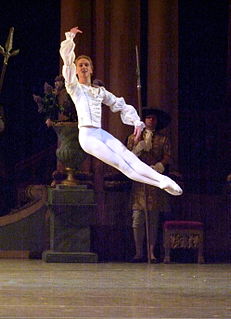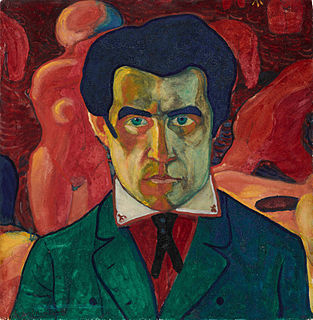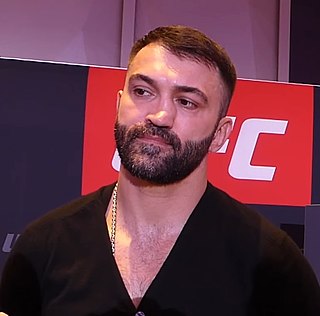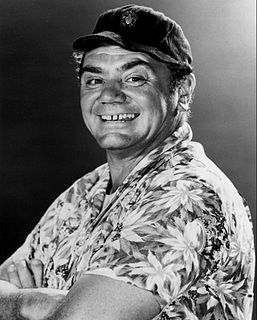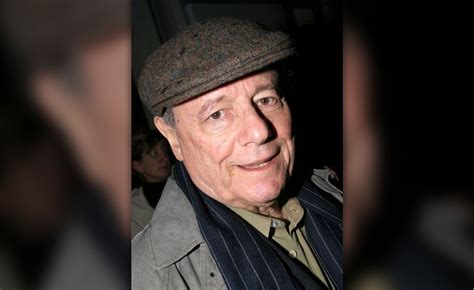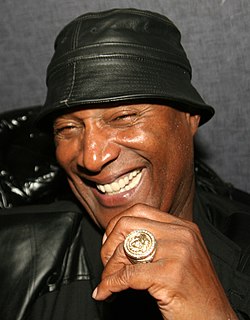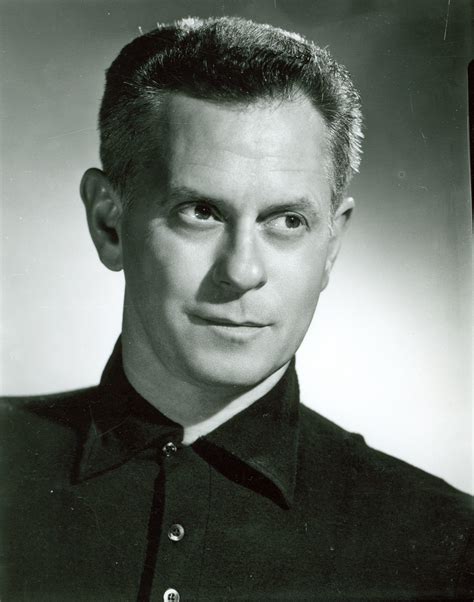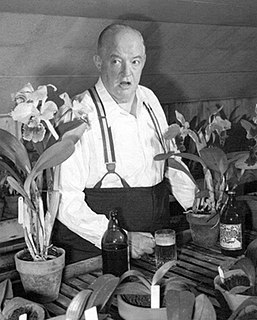A Quote by David Hallberg
I think I'm the same dancer everywhere. But I've learned a lot with Bolshoi - the history of the theater, the technique of the theater, different nuances in my technique.
Quote Topics
Related Quotes
Although most informed balletomanes would place artistry above technique, artistry without a strong technique is a flaccid, bloodless thing indeed, whereas technique without much artistry can still dazzle us in the manner of the circus or sports arena translated to a higher plane. Though the perfect blend of the two elements is the consummation devoutly to be wished, the real enemy of good ballet is not the slight preponderance of one or the other but the prevalence of pantomime--the turning of dance into second-rate theater.
All directors are different. Certainly, the directors that I respond to the most are guys that figure it out by doing it, not by thinking or studying. Also, the kind of actor that I think I am - I learned about theater doing theater, not studying theater. I think that traditional school can be great, but also it can stifle original thought.
Film is very much about capturing the essence of things - if you feel it, and you've got the right person shooting it, it'll come across. Theater's a different animal; it's physically different and requires a different discipline. In the theater, you're mining the same material, constantly honing the same thing, executing it and keeping it alive and fresh.
I am sincerely trying now to create a dance technique based entirely upon corrective exercises, created with a knowledge of human anatomy; a technique which will correct physical faults and prepare a dancer for any type of dancing he may wish to follow; a technique having all the basic movements which govern the actions of the body; combined with a knowledge of the origin of movement and a sense of artistic design.
String theory has had a long and wonderful history. It originated as a technique to try to understand the strong force. It was a calculational mechanism, a way of approaching a mathematical problem that was too difficult, and it was a promising way, but it was only a technique. It was a mathematical technique rather than a theory in itself.
I think film is a world of directors. Theater is a world of actors. Or, theater is for actors as cinema is for directors. I started in theater. Filming is as complete as directing film. In theater, you are there, you have a character, you have a play, you have a light, you have a set, you have an audience, and you're in control, and every night is different depending on you and the relationship with the other actors. It's as simple as that. So, you are given all the tools.
